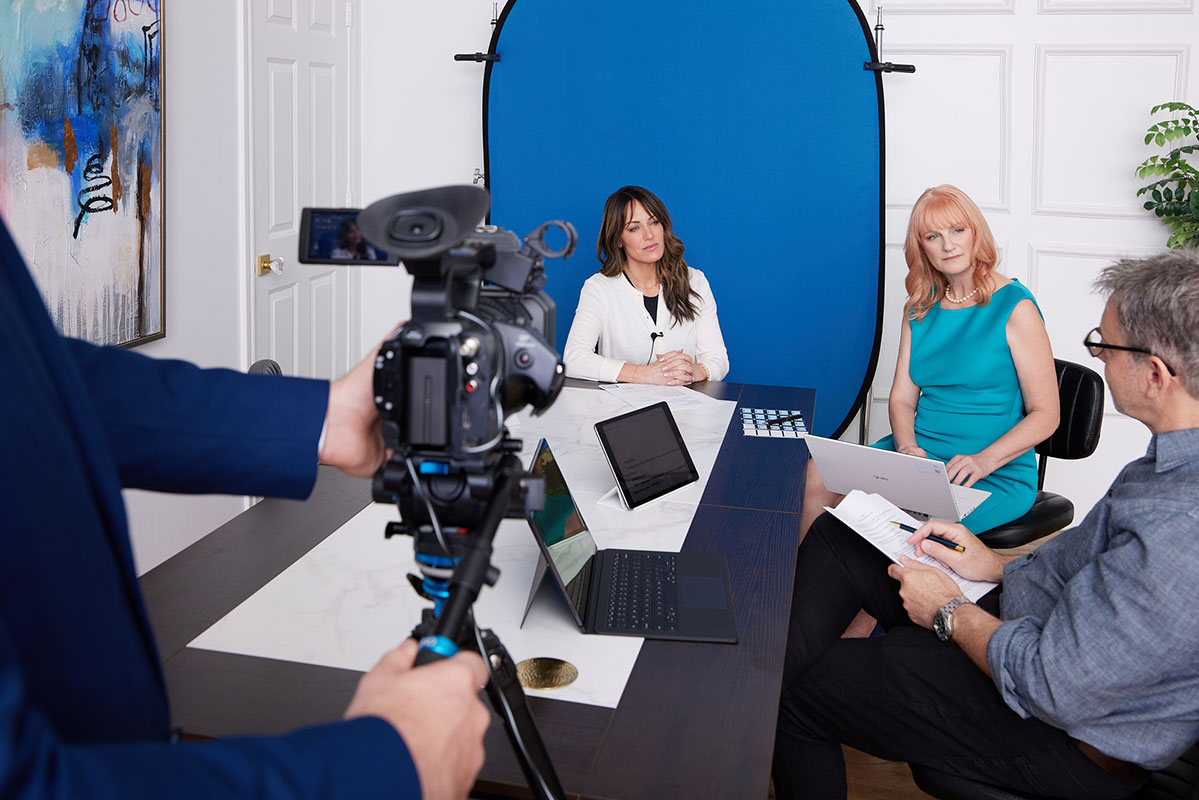In today’s courtroom, video testimony is as powerful as the written transcript. But just like transcripts, not all video is legally admissible. Texas courts require strict compliance when it comes to deposition videography, certification, and notary videographers.
This guide explains what legal videography is, the role of notary videographers in Texas, best practices, and how attorneys can use video effectively at trial.
What Is Legal Videography?
Legal videography is the process of professionally recording depositions or court proceedings for evidentiary use. Unlike a Zoom recording, these videos must meet Texas legal standards to be admissible.
The Role of Notary Videographers in Texas
- Definition: A notary public trained and certified to record testimony and administer oaths on video.
- Function: Swears in witnesses, records testimony, and ensures the integrity of the video record.
- Advantage: Cost-effective alternative when a CSR isn’t required onsite.
Why Attorneys Use Video Depositions
- Impeachment: Catch inconsistencies at trial.
- Jury Persuasion: Jurors respond to body language and tone.
- Remote Witnesses: Capture testimony when witnesses cannot travel.
- Efficiency: Play video clips instead of recalling witnesses.
Texas Legal Standards for Videography
- Must begin with an onscreen statement identifying the case, parties, witness, and videographer.
- Witness must be sworn in by a notary or CSR.
- The chain of custody for digital files must be preserved.
- Editing is allowed only with both counsels’ agreement.
Best Practices for Legal Videography
- Always use certified notary videographers familiar with TRCP.
- Ensure high-quality audio (poor sound can get excluded).
- Synchronize video with transcript for trial presentation.
- Back up files securely—courts may demand originals.
Cost of Legal Videography in Texas
- Videographer Fee: $150–$300/hour.
- Editing/Synchronization: $100–$200 per hour.
- Video + Transcript Packages: Bundled discounts available.
FAQs
Can I use Zoom recordings instead of a legal videographer?
No. Zoom alone doesn’t meet Texas admissibility standards.
Is a notary videographer the same as a CSR?
No. CSRs certify transcripts; notary videographers certify video testimony.
Do all depositions need video?
Not required, but highly recommended for impeachment and jury persuasion.
Video testimony is a powerful tool when done correctly—and a liability when not. Partnering with a certified notary videographer ensures your video record meets Texas standards.
Shauna Beach provides Texas-certified notary videographers who deliver professional, admissible, trial-ready videos every time.
Schedule your legal videographer today.





